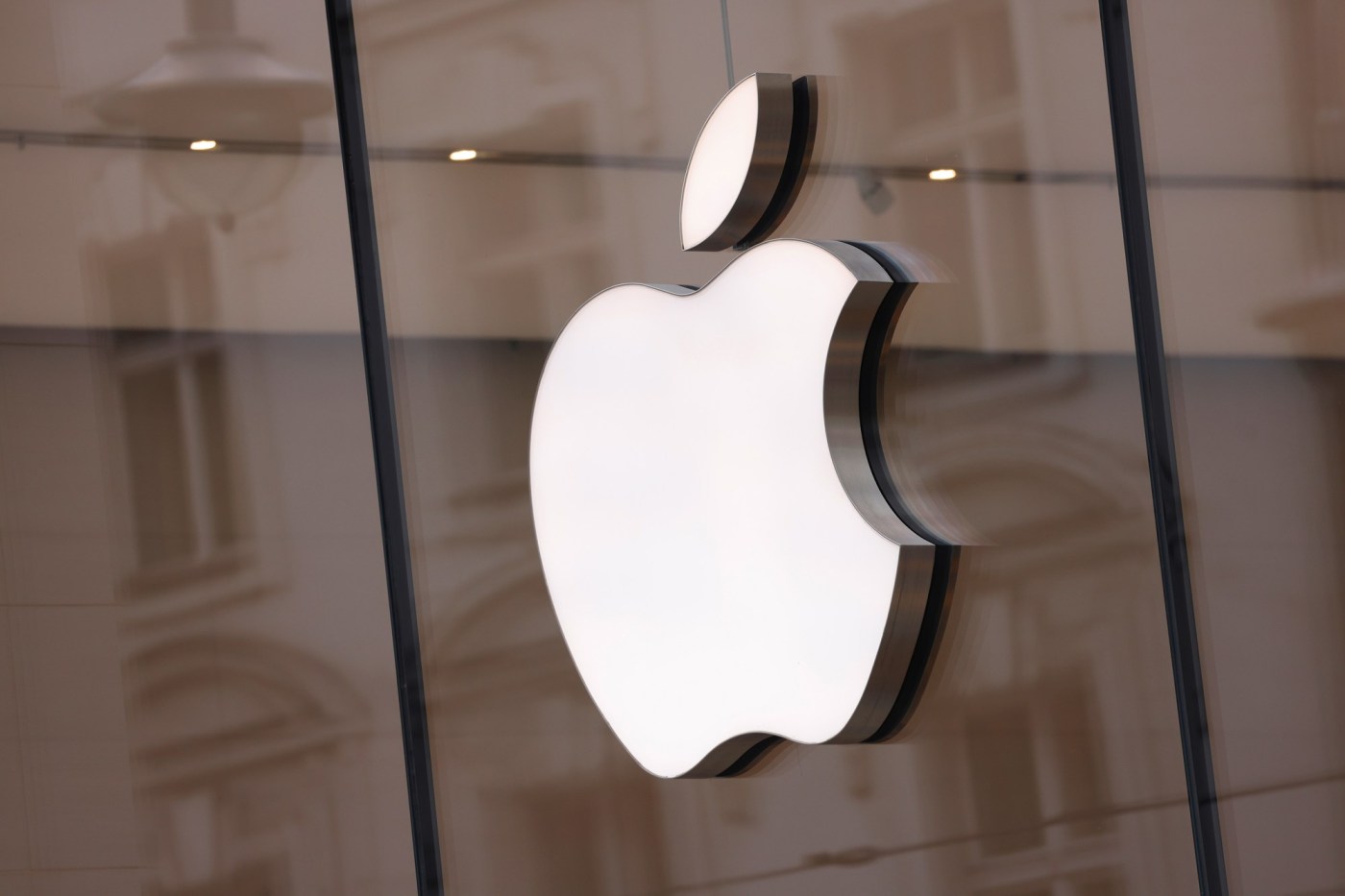Apple’s upcoming iPhone release has sent its stock price soaring because of promised artificial-intelligence features. Those gains appear vulnerable, at least in the short term, if history is any guide.
The company’s stock typically underperforms after iPhone launches, a cautious precedent when expectations are sky-high and Apple’s share price relative to earnings is quite rich leaving little room for error.
Apple shares have dropped on 12 of the 17 iPhone launch days, according to data compiled by Bloomberg. Also, September has been the worst month for Apple shares over the past decade, falling an average of 3.2% during that time. That tracks a broader trend, as both the SP 500 Index and the Dow Jones Industrial Average also experience their their biggest percentage losses in the month, according to the Stock Trader’s Almanac.
Apple closed Wednesday at $220.85, down $1.92, or 0.86%.
If the newest iPhone does not live up to expectations in terms of product features or sales, Apple could see a repeat of those valuation doldrums.
“You can easily envision a scenario where the market has built up all this enthusiasm, but then it has to bide time before we get concrete evidence Apple’s AI strategy is working,” said Denny Fish, who manages the $7 billion Janus Henderson Global Technology and Innovation Fund. “While there’s a desire for AI features, there’s room for skepticism and the multiple is at the high end,” he added. “That’s generally not a great time to buy.”
The company will hold a product announcement event on Sept. 9. Bloomberg News recently reported that the latest phones will go on sale Sept. 20, though the AI features won’t be rolled out until October, through software updates.
Apple shares have risen 39% off an April low, as of their last close. The move has added more than $900 billion to its market capitalization and contributed 22.6% of the Nasdaq 100 Index’s total gain over that period, more than any other component, according to Bloomberg data.
Apple’s stock is valued at 31 times estimated earnings, more than a 50% premium to its 10-year average multiple. Last month the revenue multiple touched 8.8, its highest going back to at least 2000.
Optimism over its AI strategy has been a central driver of the rally. Citi named Apple its top AI pick for 2025, and Daniel Loeb’s Third Point LLC recently took a position, writing in an investor letter that “AI-related demand could drive a step change improvement in Apple’s revenue and earnings over the next few years.”
Growth at Apple has been in short supply for a while. Revenue has fallen in five of the past seven quarters, and analysts predict it will rise just 1.8% in its 2024 fiscal year before accelerating to 7.9% growth the following year. In contrast, the overall SP 500 tech sector is expected to grow revenue 10.9% in 2024 and 12.7% in 2025, according to Bloomberg Intelligence.
Ironically, growth has been tepid because of iPhone improvements. Customers have been holding onto their phones for longer, because cameras and batteries have gotten better and more expensive, leaving little reason to splurge on a new model.
Because of how important the iPhone is to Apple’s product suite accounting for almost half of revenue last quarter Wall Street is betting the nifty AI features will nudge more customers to upgrade, spurring an acceleration in growth.
The pool of users who might be in the market for a new iPhone is potentially massive. Over 40% of Apple’s 800 million-plus smartphone devices are iPhone 12 or older, with another 27% of users on an iPhone 13, according to Bloomberg Intelligence. Fewer than 10% of current users have phones that can be upgraded to the AI software.
However, a July BI survey of US smartphone consumers indicated AI may not be enough to spur upgrades, which would put Apple’s rally at risk.
MoffettNathanson recently started coverage on the stock with a neutral rating, writing that the valuation implies “an iPhone upgrade cycle significantly larger than the 5G upgrade cycle of 2021/22,” which the firm is skeptical Apple can achieve, especially given the interest-rate backdrop.
Despite the risk, there continues to be a lot of optimism about what AI will mean for Apple’s long-term growth, and the upgrade cycle is expected to play out over a number of years.
Even if there’s a selloff around the new iPhone release, it will deliver revenue and earnings over time, which can build momentum for shares, said Eric Johnston, chief equity and macro strategist at Cantor Fitzgerald.
“The multiple is clearly lofty right now, but expensive names can stay expensive if the momentum is there,” he said. “I think that will be the case for Apple.”












